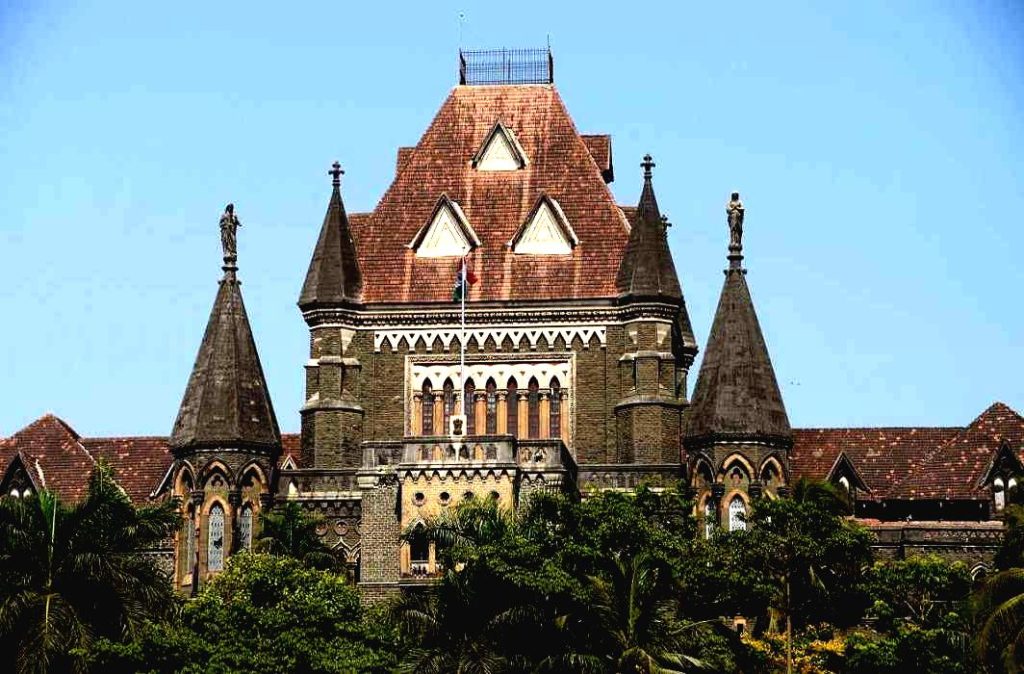Rakia Imran
On 24th January 2024, a Division-Bench comprising of Justices Ajay Gadkari and Shyam Chandak delivered a remark while instructing the Mumbai police to strictly adhere to the Noise Pollution Rules, 2000 as it was observed that Denial of permission for loudspeakers does not breach fundamental rights, as their use is not a crucial aspect of any religion.
Two resident welfare associations from Kurla and Chunabhatti in Mumbai had filed petitions which the Court was examining, alleging violations of noise pollution laws by mosques and madrasas. They sought an FIR against these religious institutions, stating that loudspeakers used for Azaan and religious discussions created excessive noise, disrupting peace in the area. The petitioners represented by Advocates Kaushik Mhatre, Chinmay Jawale and Reena Richards, highlighted that they had reported the issue repeatedly through complaints to the police, using methods such as the Police Control Room, social media, and formal communications with senior officials, yet no action was taken. This lack of response, according to the petitioners, constituted negligence and a failure to uphold the Noise Pollution Rules, particularly as the loudspeaker use was harmful to the health of residents. While the Court declined to order the registration of an FIR, it highlighted the importance of addressing the issue of noise control at religious institutions. It directed the State, represented by Additional Public Prosecutor JP Yagnik, to take proactive steps to monitor and regulate the sound levels of loudspeakers, amplifiers, and similar devices used at such venues.
“We therefore direct the State to consider to direct all the concerned to have inbuilt mechanism to control decibel level in their loudspeakers / voice amplifiers / public address system or other sound emitting gadgets used by any religious place / structure / institution, irrespective of religion,” the judgment said.
Stressing the importance of controlling noise pollution at religious venues, the Court advised the State to consider implementing a system for calibrating or automatically setting decibel limits for all sound-emitting devices, such as loudspeakers and amplifiers, used in places of worship, irrespective of religious affiliation. Additionally, the Court instructed authorities to ensure that police officers are trained to use mobile applications capable of measuring sound levels, which would allow them to efficiently monitor and enforce noise control regulations.
“The Police are bound to implement Sections 38, 70, 136 and 149 of the Maharashtra Police Act, as may be required in view of the fact situation of each case,” it said.
According to the Bench, the police have the authority under Section 70 of the Maharashtra Police Act to seize any equipment found violating noise pollution regulations and to initiate further actions, such as canceling permits for loudspeaker use. The Court further provided detailed instructions for addressing noise-related complaints, emphasizing that police officers must act immediately on complaints without requiring the complainant to reveal their identity. Offenders should first be warned, with penalties imposed for subsequent breaches, and repeated violations should result in the confiscation of the loudspeakers.
The following guidelines were issued in this regard:
“Once a citizen of any locality raises a complaint with the Police against any religious structure or otherwise causing noise pollution, the Police will without seeking / verifying identification of the person complaining thereof and if has received identification shall not disclose the identity of the complainant to the offender and adopt following steps:
“(a) At the first instance caution the alleged offender.
(b) On a subsequent occasion, complaint/s received against same offender, the Police to impose a fine under Section 136 of the Maharashtra Police Act, on the concerned religious structure and may recover it from its Trustees and/or Manager and warn the Trustees and Manager/s with further stricter action in case of receipt of complaints in future.
(c) If any further complaint/s are received pertaining to the same religious structure on the next occasion, the Police shall adopt steps as contemplated under Section 70 of the Maharashtra Police Act, to seize the loudspeakers and/or amplifiers from the concerned religious structure and thereafter may proceed to cancel the licence issued in favour of the concern structure permitting to use loudspeakers and/or amplifiers.”
Furthermore the Court directed the police to ensure adherence to noise control laws while maintaining the confidentiality of complainants to safeguard them from any retaliation.
Advocate Sachindra Shetye appeared for the Maharashtra Pollution Control Board.
Case Name: Jaago Nehru Nagar Residents Welfare Association v Commissioner of Police
Case Number: 4729 OF 2021
Bench: Justices Ajay Gadkari and Shyam Chandak

